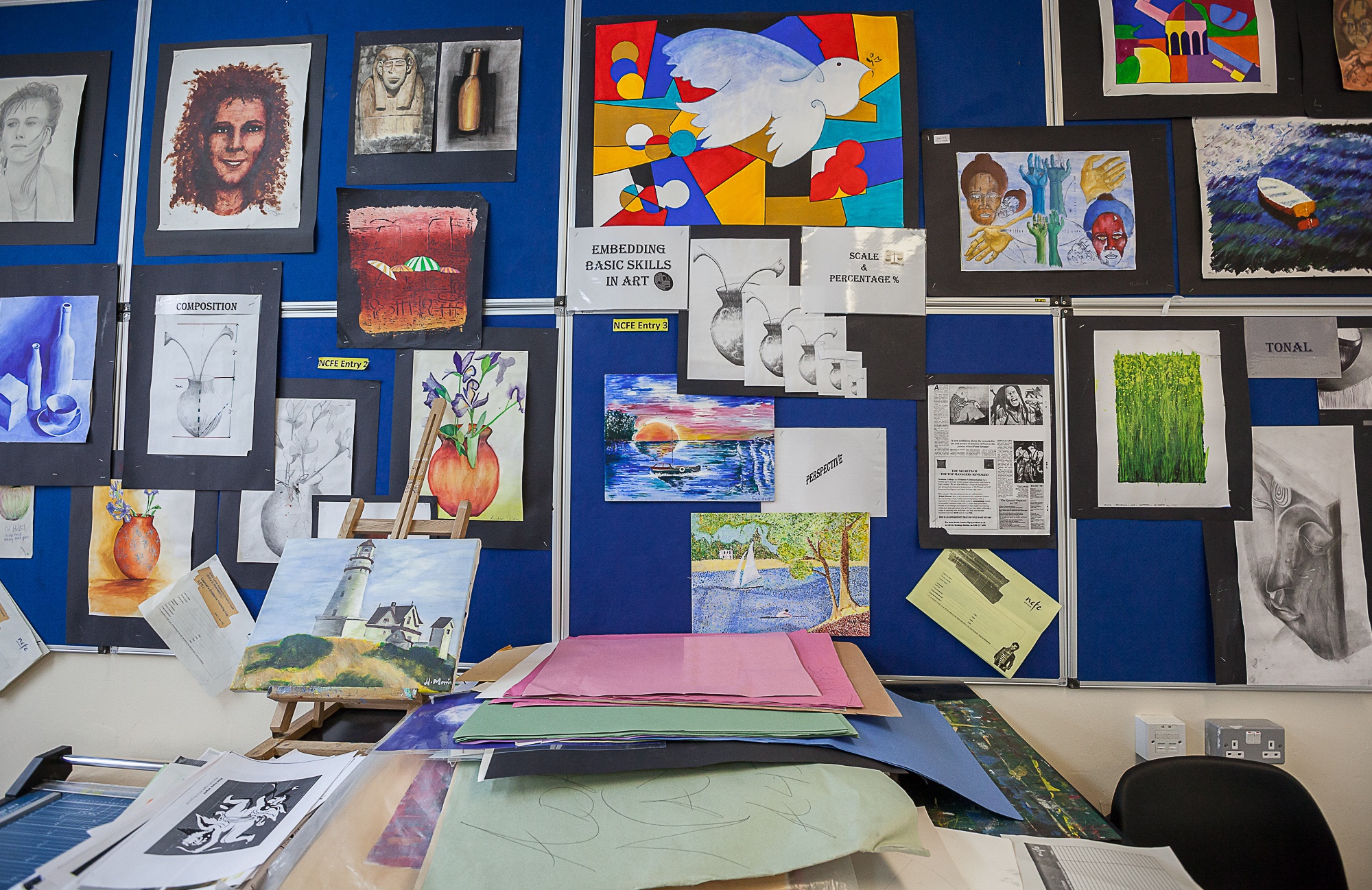
We have responded to the call for evidence from the Commission on Young Lives, highlighting the poor treatment of children in prisons (YOIs) and secure training centres (STCs) and outlining the problem of high numbers of school exclusions.
Every year, hundreds of the most vulnerable children in England are neglected by the education and social services systems. This decreases their options and opportunities, placing them at risk of getting into trouble with the law.
Launched in September 2021 and chaired by the former Children’s Commissioner for England, Anne Longfield CBE, the Commission on Young Lives is a major independent commission to evidence and design a new national system to prevent crisis in vulnerable young people and support them to succeed in life.
The school-to-prison pipeline
In our evidence submission, we highlighted the ‘school-to-prison pipeline’ – the term used to describe the pervasive links between educational exclusion, social exclusion, and criminalisation.
Many people in prison were labelled ‘troublemakers’ and ‘poor learners’ by teachers and subjected to interrupted learning. Almost nine out of ten boys (88%) in custody said that they have been excluded from school, and almost two in five said that they were younger than 14 years old when last at school.
Crucially, people from minority ethnic backgrounds and those with neurodiverse conditions are overrepresented in both school exclusion figures and the criminal justice system.
Another emotionally and educationally disruptive experience common amongst children in custody is having been in care. While fewer than 1% of children in England are in care, looked after children make up 61% of girls and 33% of boys in custody.
YOIs and STCs: introducing a trauma-informed approach
Further damage is caused to children’s education by the custodial environment – through use of force, solitary confinement, and ‘keep aparts’ (when children are assessed as a risk of violence to each other and kept separate for activities).
Policies in prisons are designed for an adult estate and children in custody suffer from highly inappropriate and damaging practices. During Covid lockdowns, children were locked up with as little as 40 minutes per day outside of their cells.
These practices not only traumatise already vulnerable children, but also prevent them from receiving meaningful and progressive education.
An effective alternative for children in YOIs and STCs would be secure children’s homes, which usually provide far better outcomes for those in their care.
In addition, many children in prison have experienced severe trauma prior to, and during, contact with the criminal justice system too. A specialist, trauma-informed approach must be at the core of custody staff and teacher training to ensure that children are able to successfully participate in education.
A lack of accountability
There is no published data on the education and attainment level of children on entry to custody, or on progression and achievements while inside. This lack of accountability about educational progress for children would not be acceptable in any other context.
We would like to see this data collated and published, including information on ethnic background and neurodiverse conditions.
Plans for Medway Secure School
Our evidence submission also drew attention to the government’s plans to launch two secure schools to replace YOIs and STCs.
Plans for the first school at Medway are still vague, but the site – which up to recently held male adults – is not the right location or environment. Medway Secure School looks and feels like a prison, and any prospect of creating a therapeutic and educational environment with a focus on welfare is going to be extremely difficult at this site.
A community-focused national strategy
Good practice does exist. The policies and support mechanisms implemented in Glasgow, for example, emphasise children’s ‘inalienable and inviolable right to education’.
By establishing the duty of local authorities, schools and staff to support every child to realise this right, these provisions have seen an 88% reduction in school exclusions and a 50% reduction in youth crime in the past 10 years.
Councils across the UK could facilitate educational inclusion by working with schools, social and health services, and youth agencies towards a nationally monitored 100% inclusion commitment.
Creating a safe and supportive environment for children
The pressures facing the adult custodial estate, combined with inadequate resourcing and fragmented planning, is causing the continual neglect of the best interests of many of the most vulnerable children.
In our evidence submission we call for a national strategy for the children’s custodial estate that facilitates safe and supportive environments.
Our recommendations include:
1. Trauma-informed teaching, with more initiatives that involve participation of families.
2. Embedded education outside traditional classroom settings as the norm, such as the use of digital technology, sports and the arts as ‘hooks’ for learning.
3. Regular publishing of data relating to educational progression and achievement, and education/training or employment on release.
4. The development of policies by the Ministry of Justice that ensure those recruited are well suited and trained to care for children in custody. This includes improved recruitment practices, pay and conditions, and training for staff that is psychologically and therapeutically informed.
5. A curriculum of material that is racially and culturally responsive.
6. Opportunities for educational progress that are tailored to each learner, with particular attention to children with longer sentences.
7. A child-focused culture in custodial establishments, where young people’s voices are valued.
8. Proper planning for release and transfers to the adult estate to ensure the seamless continuation of every child’s learning journey.